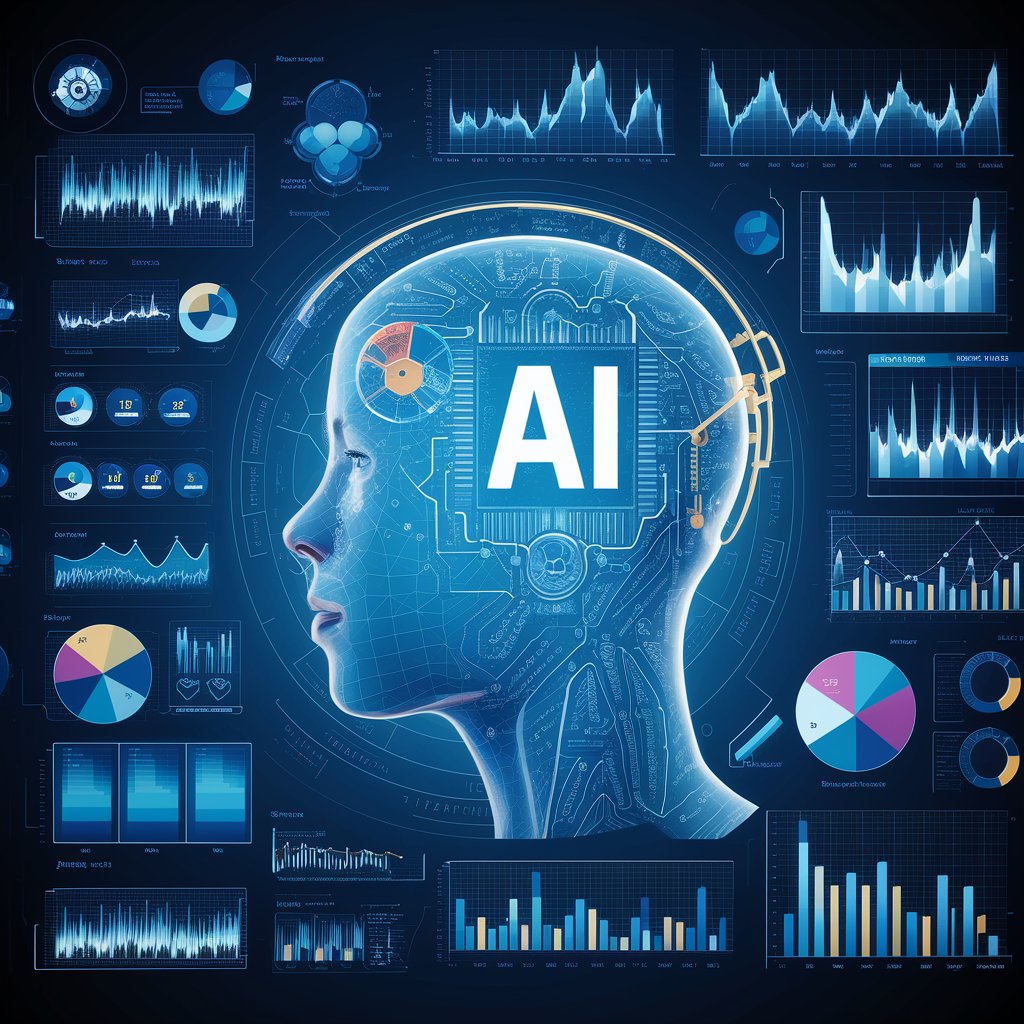 #image_title[/caption]The landscape of Learning, Education, and Training (LET) is being revolutionized by Artificial Intelligence (AI). As professionals dedicated to fostering knowledge and skill development, we must navigate this new terrain with strategic insights and practical approaches. Here are 25 landmark insights to guide our journey towards AI mastery in LET.
#image_title[/caption]The landscape of Learning, Education, and Training (LET) is being revolutionized by Artificial Intelligence (AI). As professionals dedicated to fostering knowledge and skill development, we must navigate this new terrain with strategic insights and practical approaches. Here are 25 landmark insights to guide our journey towards AI mastery in LET.
1. Understand AI Fundamentals
Before diving into AI applications, grasp the basic concepts of AI, machine learning, and data science. Online courses and certifications from platforms like Coursera, edX, and Udacity can be invaluable.
2. Develop a Growth Mindset
Adopt a mindset that embraces change and continuous learning. AI is rapidly evolving, and staying adaptable is key.
3. Invest in Data Literacy
Understanding data is crucial. Invest in training programs that enhance data literacy among educators and trainers.
4. Leverage AI for Personalized Learning
AI can tailor educational experiences to individual needs, enhancing engagement and outcomes. Explore AI-driven platforms that offer adaptive learning solutions.
5. Emphasize Critical Thinking
Incorporate critical thinking and problem-solving skills in your curriculum. AI can augment human decision-making, but it can't replace human judgment.
6. Explore AI Ethics
Familiarize yourself with the ethical implications of AI. Topics like bias, privacy, and transparency should be integral to your AI education strategy.
7. Utilize AI for Administrative Efficiency
AI can streamline administrative tasks, allowing educators to focus more on teaching and less on paperwork. Look into AI tools that automate grading, scheduling, and student assessments.
8. Enhance Teaching with AI-Driven Insights
AI can provide insights into student performance and learning patterns. Use these insights to tailor your teaching strategies.
9. Promote Collaboration
Encourage collaboration between AI experts and education professionals. Cross-disciplinary teams can create more effective AI-driven educational tools.
10. Focus on Interdisciplinary Learning
AI is inherently interdisciplinary. Design curricula that integrate AI with other fields such as humanities, social sciences, and business.
11. Foster Digital Literacy
Ensure that both educators and learners are proficient in digital tools and technologies. Digital literacy is a foundation for effective AI integration.
12. Encourage Lifelong Learning
Promote a culture of lifelong learning. AI technologies will continue to evolve, and ongoing education will be necessary to stay current.
13. Invest in Professional Development
Provide continuous professional development opportunities for educators to learn about AI and its applications in education.
14. Create AI Labs
Establish AI labs in educational institutions where students and educators can experiment with AI technologies and projects.
15. Adopt Open Educational Resources (OER)
Utilize open educational resources to make AI education more accessible and affordable.
16. Integrate AI in Curriculum Design
Incorporate AI topics into existing curricula across various subjects. This will help demystify AI and make it more approachable for students.
17. Leverage AI for Inclusive Education
AI can support inclusive education by providing personalized learning experiences for students with diverse needs and abilities.
18. Stay Informed on AI Trends
Regularly update yourself on the latest AI trends and research. Subscribe to AI journals, attend conferences, and participate in webinars.
19. Develop AI Projects
Encourage students to engage in AI projects. Practical, hands-on experience is crucial for understanding AI applications.
20. Engage with AI Communities
Join AI and EdTech communities to share knowledge, resources, and best practices. Platforms like LinkedIn, GitHub, and specialized forums can be valuable.
21. Promote Ethical AI Usage
Educate students about the ethical use of AI. Discuss the societal impacts and responsibilities associated with AI technologies.
22. Utilize AI for Skill Assessment
AI can provide more accurate and personalized assessments of student skills and competencies. Explore AI-driven assessment tools.
23. Integrate AI in Remote Learning
AI can enhance remote learning experiences through intelligent tutoring systems and virtual teaching assistants.
24. Focus on Practical Applications
Showcase real-world AI applications in various industries to highlight the relevance and impact of AI skills.
25. Prepare for Future Jobs
Equip students with the skills needed for future job markets where AI will play a significant role. Emphasize skills like data analysis, machine learning, and AI ethics.
Follow This Roadmap
The integration of AI in Learning, Education, and Training presents both opportunities and challenges. By following this roadmap, LET professionals can navigate the complexities of AI, harness its potential, and ultimately drive educational innovation. Embrace the journey towards AI mastery and prepare to transform the future of education.